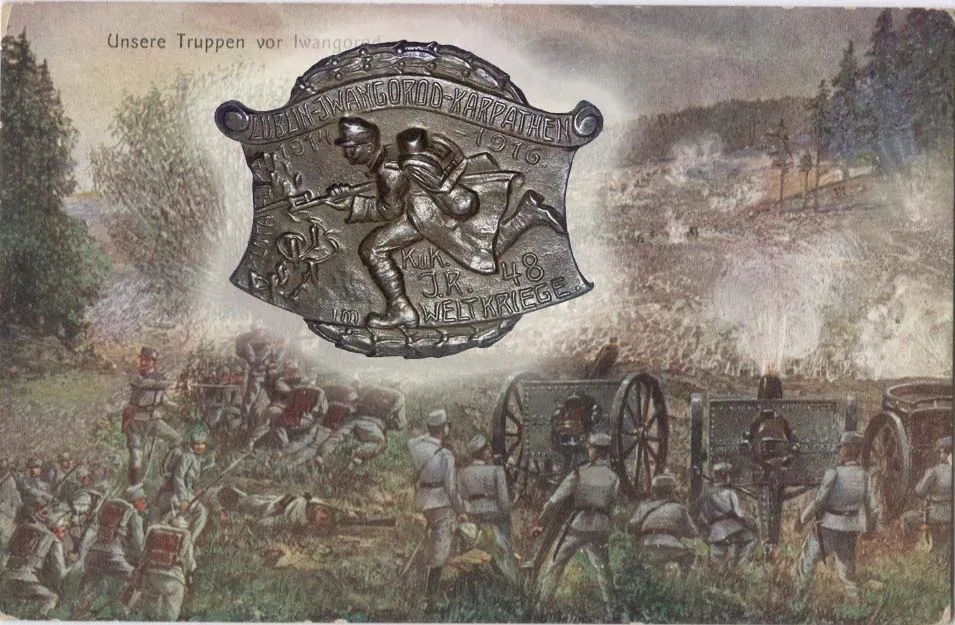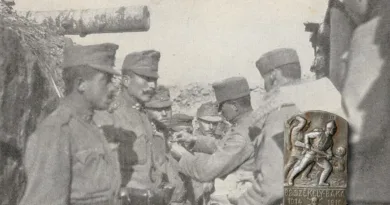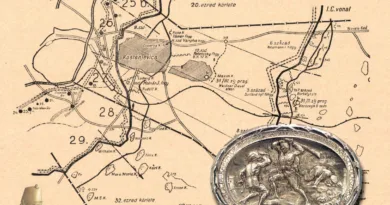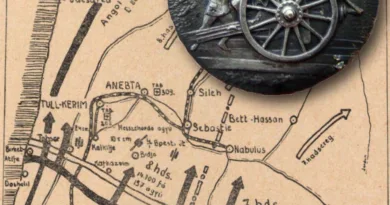August 1915
Following the Gorlice breakthrough, the retreat of the Russians lasted until the end of August, when they were finally able to set foot. Millions of people were killed in the battle, Russia-Poland was lost. During the chase the Austro-Hungarian troops attacked in cooperation with the Germans. In some cases, Hungarian divisions operated under German command. The names of the German generals Mackensen and Linsingen were also respected in Hungary. The participation of the 48th Infantry Regiment was average in the persecution. The battlefield names on their badge indicate the route of the pursuit.
The 48th Infantry Regiment was then under the command of the German Southern Army, led by General Linsingen. Prior to the breakthrough, they were stationed in the Uzsok Strait, from where they attacked Lemberg first to the north and then to the east. During this attack, clashes took place in the vicinity of Chlebowice during the advance to the line of Zlota Lipa, in which the heroism of two 48 fighters was recognized with a gold bravery medal. Subsequently, the regiment was deployed at the next center of attack in the area of Lublin and Iwangorod, as indicated by the inscriptions on the badge.

A post war volume recalls the story of the two gold bravery medals. “József Divják calls his heroic deed a simple story. In the Battle of Lemberg, they attacked the heights of Chlebovice and their heroic advancement achieved the desired result at the cost of a huge blood sacrifice. Ensign Divják pushed forward with his squadron, at first rushing and later crawling to the fragrant spring ground. They even made it to the enemy wire obstacles, not many, but still enough to break into the death-sharing Siberian shooters. Victory crowned their unparalleled bravery, a gloriously sad victory. Of the 196 people of Divják’s company, 13 remained intact. The lost were serious, honest, good citizens of Zala county, family fathers, who had this baptism of fire in the battle, but at the same time their burial place. Divják says: I just keep the medal that they earned”. The volume also states: “József Divják rushed to the Russian obstacles far before the stage of the assault, he cut himself through them with a wire cutter and with his severe wounds he was able to encourage his men so much that they beat the Russians with their bayonet”.




